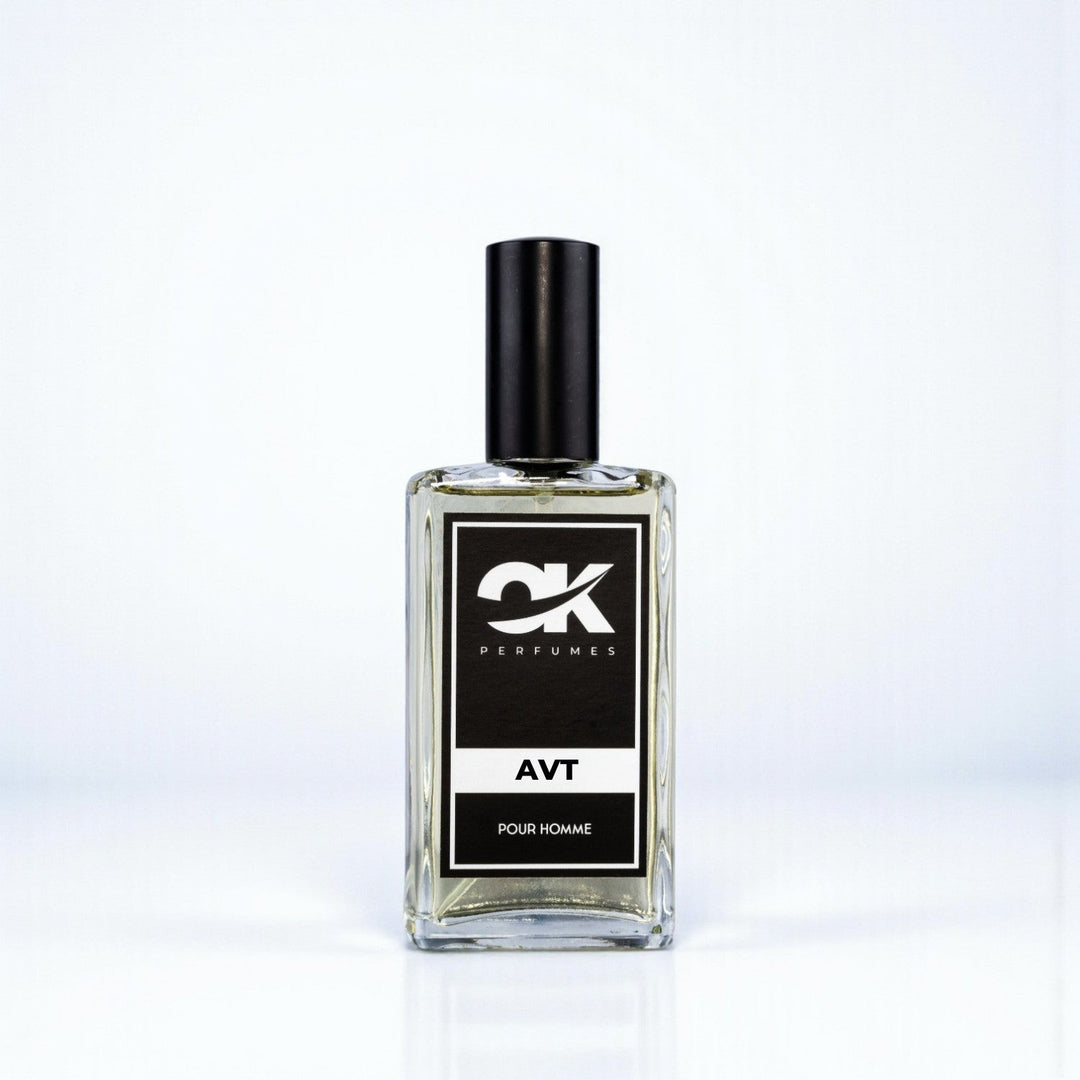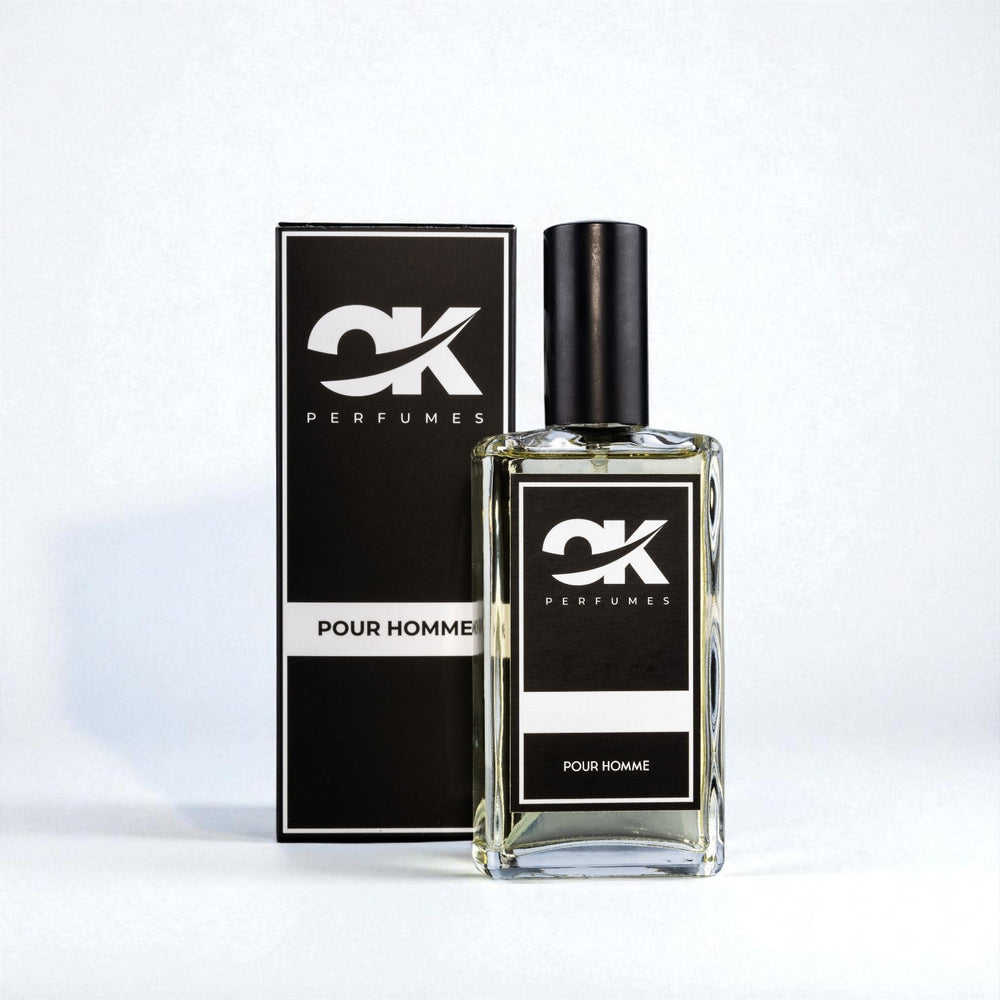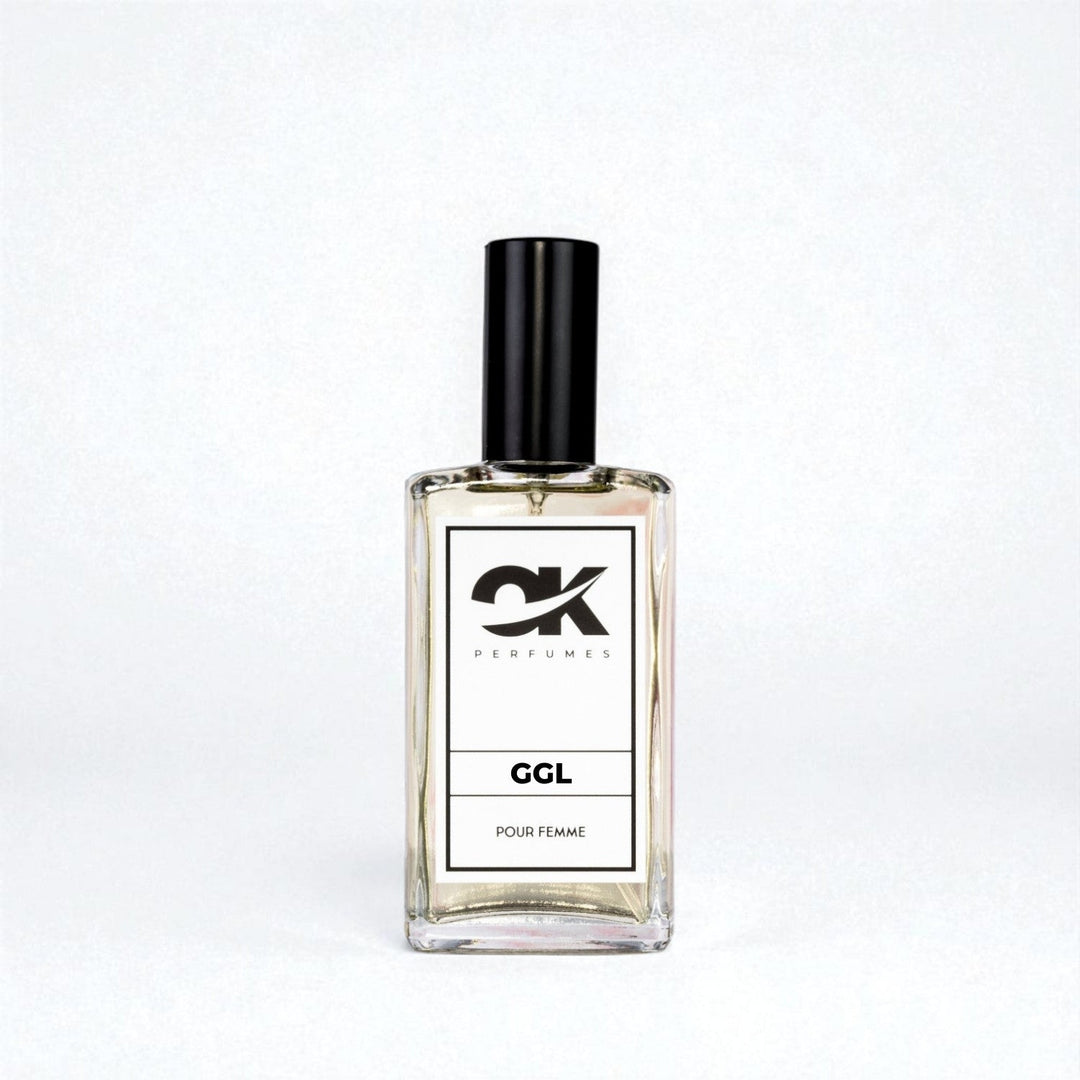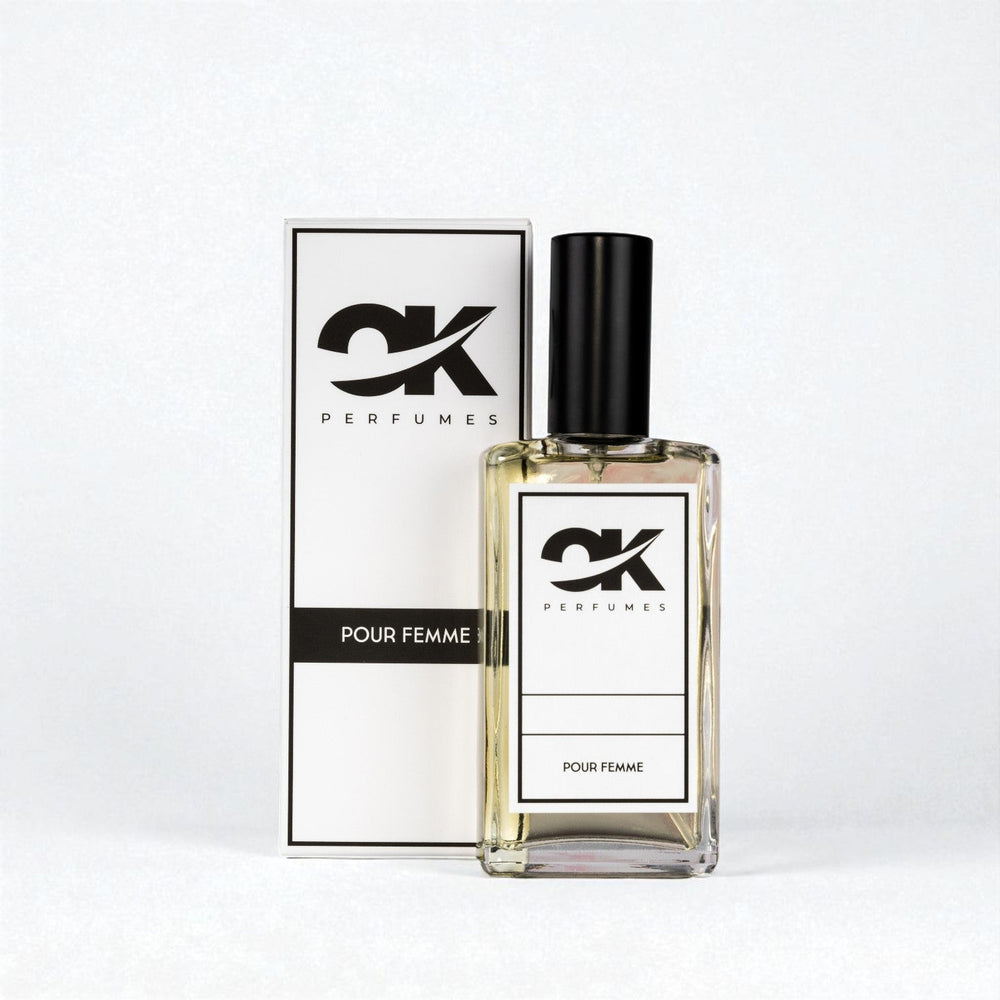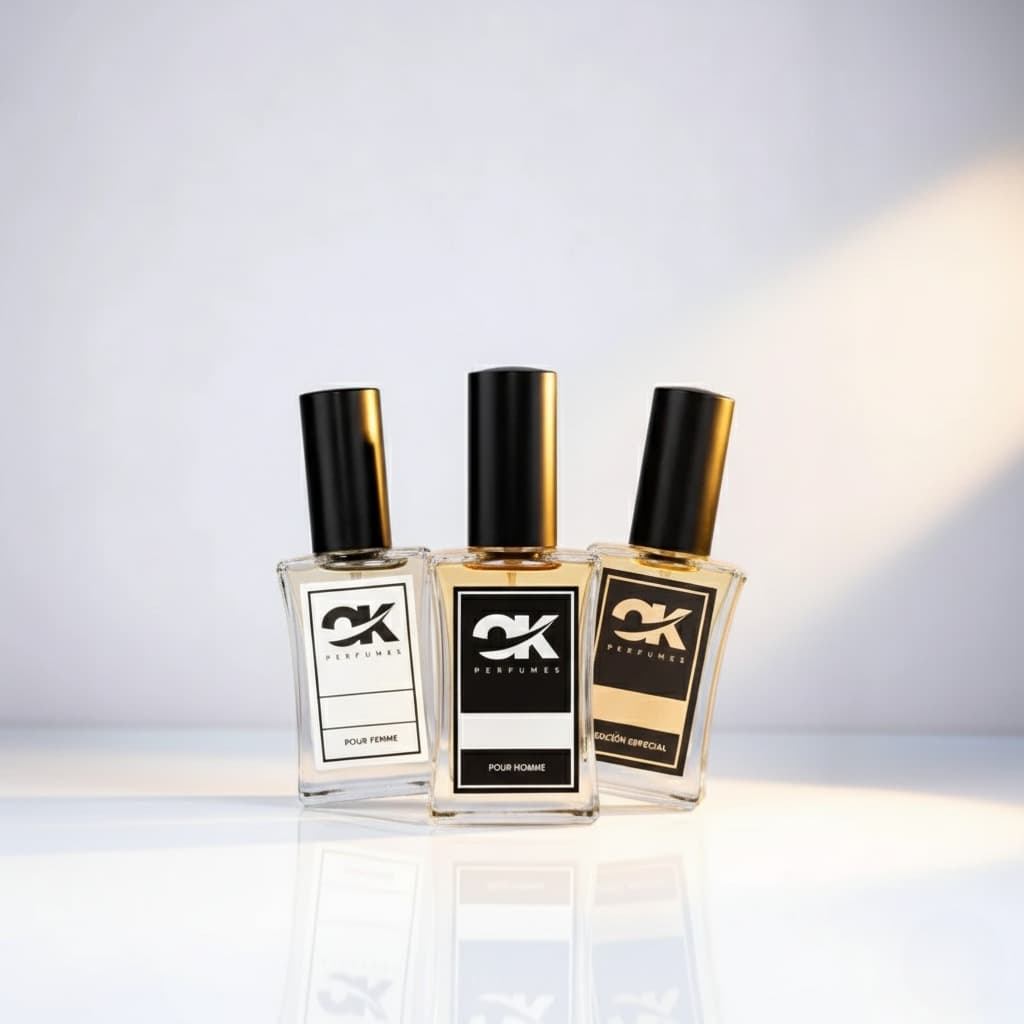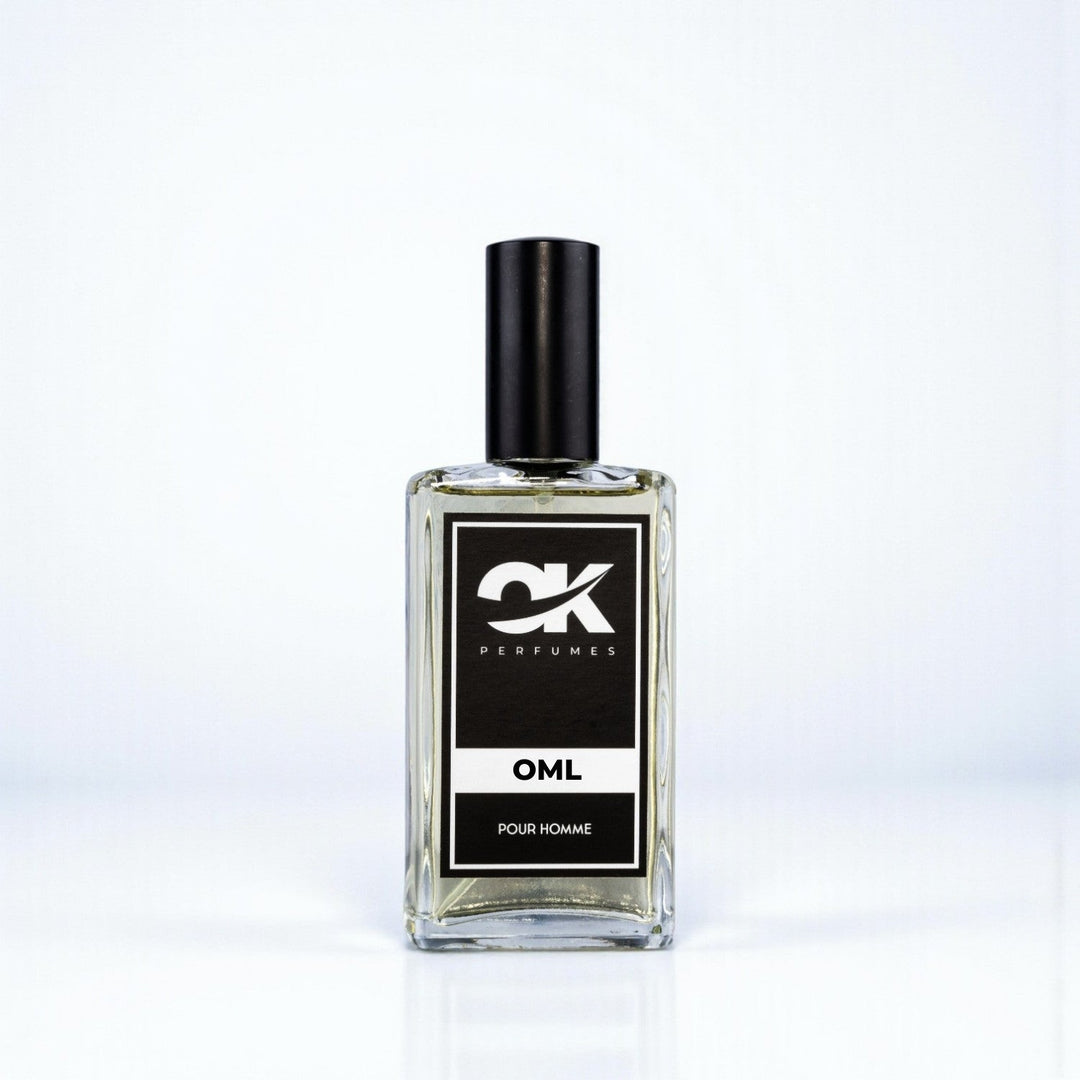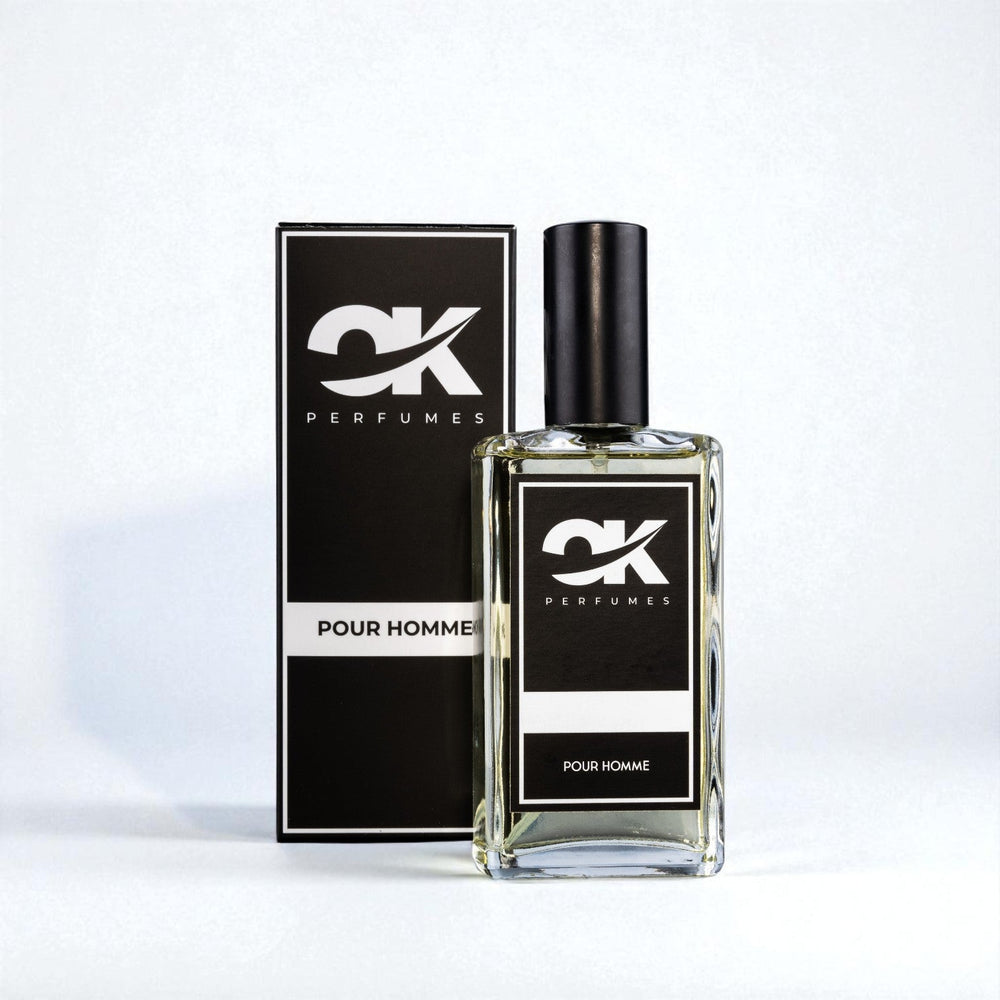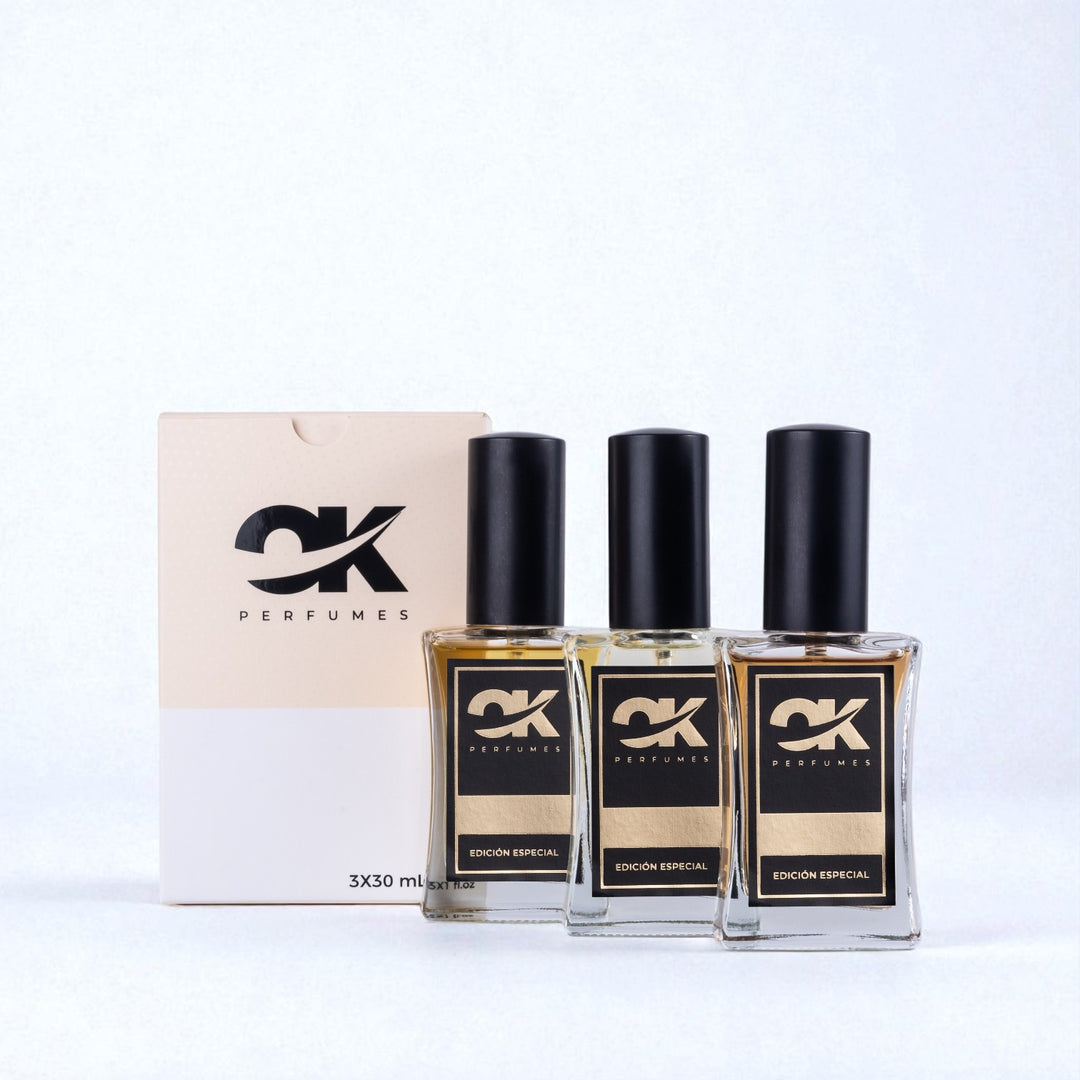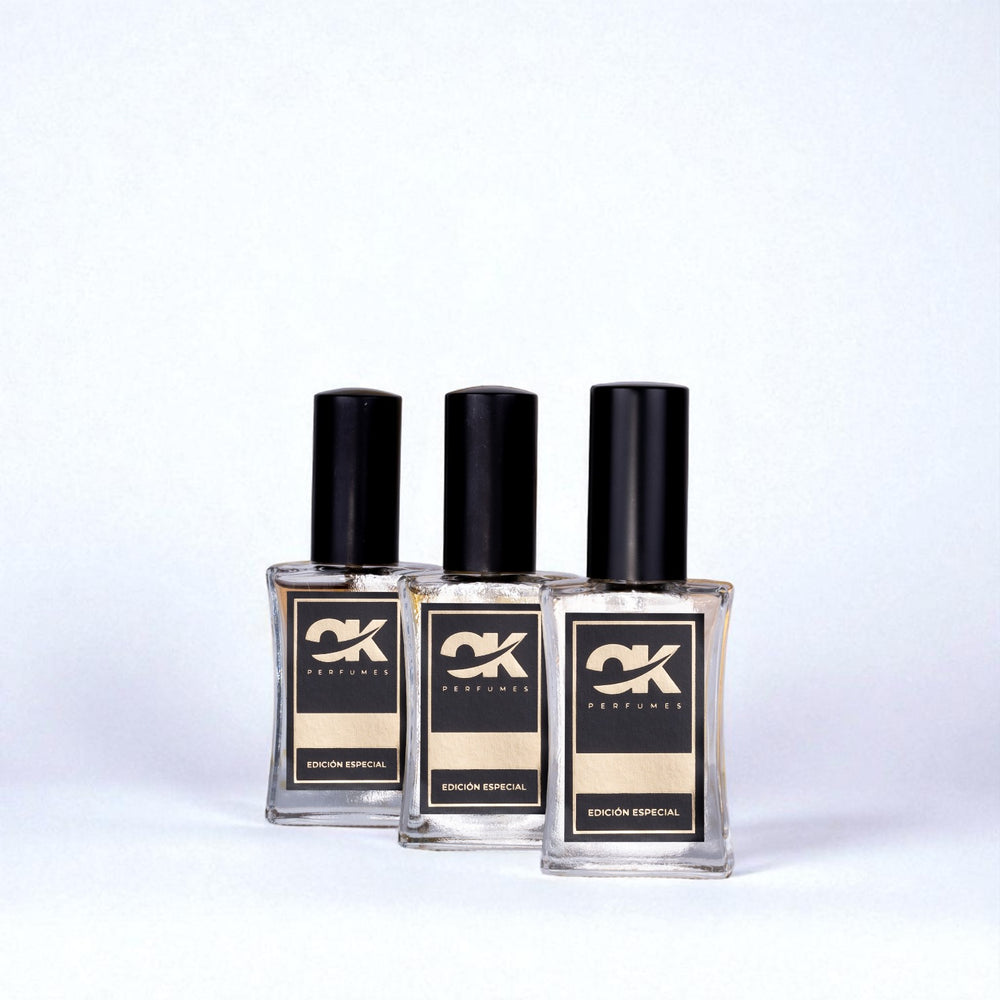The History of Perfumery: From Antiquity to Modernity
Perfumery is an ancient art that has evolved over the centuries, blending science and creativity. From the dawn of civilization to the present day, perfumes have played a crucial role in society, culture, and fashion. In this tour, we'll explore the fascinating history of perfumery and its transformations over time.
The Origins of Perfumery
The history of perfumery dates back to the ancient civilizations of Egypt, Greece, and Rome, where fragrances were used in religious ceremonies and rituals. The earliest forms of perfume are believed to have been developed around 3000 BC, when the Egyptians used aromatic oils and resins to embalm their dead and perform sacred rituals.
Egypt: The Cradle of Perfume
In ancient Egypt, the use of perfume was a symbol of status and refinement. It was said that the gods preferred pleasant scents, and therefore, perfumes were offered in temples. One of the most notable fragrances of this era was kyphi, a complex blend of resins, spices, and oils, considered an exclusive perfume .
Greece and Rome: Perfumes in Daily Life
The Greeks and Romans took the art of perfumery to new heights. They valued perfumes not only as personal accessories, but also as symbols of courtesy and hospitality. In these cultures, perfume was used to enjoy a luxurious lifestyle and was a key component of personal hygiene.
The Renaissance: A Rebirth of Fragrances
During the Renaissance, perfumery experienced a revival. The opening of trade routes and the search for new spices and herbs led to the creation of more complex and sophisticated fragrances. The quality of the ingredients became essential, and perfumers began experimenting with different combinations to create unique scents.
Italy: The House of Modern Perfumery
In the 16th century, Italy established itself as the center of perfumery in Europe. Cities like Florence and Venice were filled with perfume houses where artisans created exclusive fragrances for nobility and royalty. Perfumery became a respected art, and the quality of Italian perfumes was internationally recognized.
France: The Capital of Perfume
As time progressed, it was France that took the lead in the perfume industry. In the 17th century, the court of Louis XIV at Versailles marked the beginning of the modern era of perfumery. The king was a great lover of fragrances, and French perfumers began to innovate and develop techniques that laid the foundation for contemporary perfumery.
The 19th Century: The Industrial Revolution and New Aromas
With the arrival of the Industrial Revolution, the production and distribution of perfumes underwent a dramatic transformation. Modern chemistry made it possible to extract and synthesize scents, opening up a world of possibilities for perfumers. This era marked the democratization of perfume, making it accessible to a wider audience.
The Synthesis of Fragrances
With the invention of new extraction and synthesis methods, fragrances never before imagined emerged. Natural ingredients such as musk, vanilla, and jasmine were complemented with synthetic scents, leading to the creation of perfumes of greater quality and durability. This paved the way for the creation of exclusive fragrances that remain iconic today.
The 20th Century: Icons in Jars
The 20th century witnessed the explosion of the perfume industry. Not only were memorable fragrances designed, but innovative marketing strategies were also created that associated perfumes with luxury brands and celebrities. Icons like Chanel No. 5 and Dior's J'adore became synonymous with elegance and sophistication, elevating perfumes to cult status.
The Art of Creating a Fragrance
Creating an exclusive perfume isn't simply a matter of blending ingredients; it's an art that requires considerable skill and knowledge. Perfumers spend years perfecting their formulas, learning the interplay between different notes. From the top notes that initiate the fragrance to the base notes that create a lasting accord, every detail counts in achieving exceptional quality.
Perfumery in the Modern Age
Today, perfumery is a constantly evolving field. Technological innovation, changing consumer preferences, and the growing demand for sustainability are shaping the industry. Brands have begun to focus on creating quality perfumes using natural, sustainable ingredients that respect the environment.
Current Trends in Perfumery
- Personalization: The ability to personalize a fragrance has become very popular. Consumers are looking for unique perfumes that reflect their identity.
- Sustainability: Brands are increasingly committed to sustainable practices, using responsibly sourced ingredients.
- Minimalism: Many are opting for lighter, fresher fragrances, moving away from the heavy scents of the past.
The Future of Perfumery
With technological advancements and an increased focus on quality, the future of perfumery looks exciting. New ingredients, manufacturing techniques, and the use of artificial intelligence can offer olfactory experiences only imagined until now. However, the fundamental art of perfume creation will remain an irreplaceable asset.
An Unforgettable Journey Through Aromas
The history of perfumery is a testament to human ingenuity and the constant pursuit of beauty. From ceremonies in ancient Egypt to the perfume houses of Paris, perfume has captured moments, emotions, and memories through scent. Each fragrance tells a story and invites us to experience a world full of sensations.
Therefore, I encourage you to explore the wonderful range of perfumes available today. Through quality and innovation, contemporary perfumery not only enriches our senses but also offers a window into the rich history that connects us to the past.
Explore another user's Shopify or Wix store by following this link to their store . Keep in mind that this is a promotional link, and we assume no responsibility for the content of the linked store.




